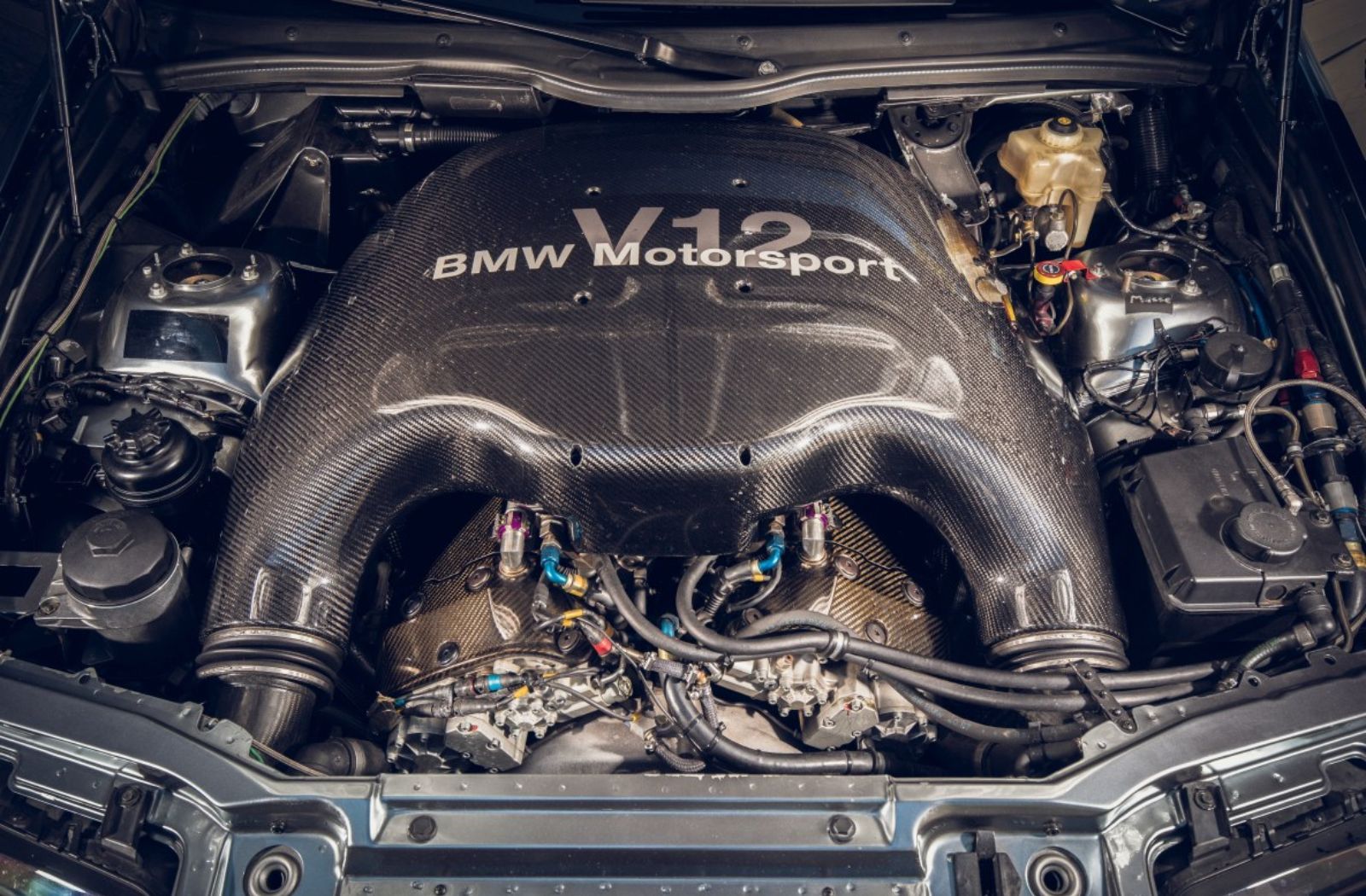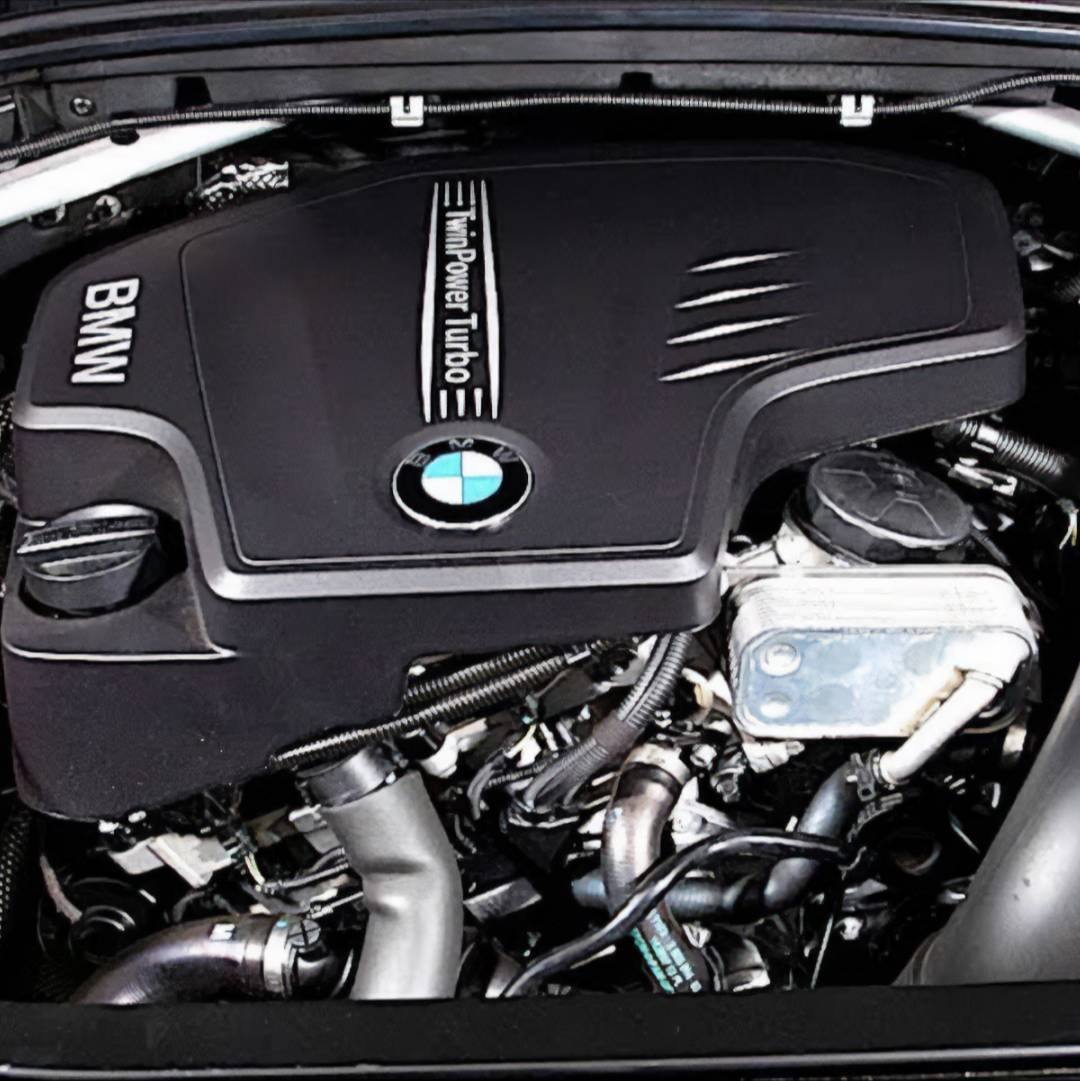The Evolution of the BMW Engine: A Recall at Iconic Designs
The Evolution of the BMW Engine: A Recall at Iconic Designs
Blog Article
Revealing the Intricacies of Next-Generation Power Units: a Deep Dive Into Advanced Engine Technologies and styles
As we stand on the precipice of a new period in transport, the intricacies of next-generation engine designs bid us to explore the sophisticated technologies and developments that assure to redefine the driving experience. Diving much deeper right into the worlds of discharge control, intelligent engine management systems, and the perspective of power system advancement, we find ourselves on the cusp of a transformation that assures to improve the landscape of flexibility as we understand it.
Advancement of Engine Products

The change towards progressed engine products has actually additionally enabled engineers to create engines with greater power outcomes while keeping gas effectiveness requirements. The use of lightweight products lowers the overall weight of the engine, leading to boosted gas economic situation and lower discharges. Additionally, advancements in materials modern technology have actually permitted much better thermal administration within engines, leading to boosted integrity and longevity.
Turbocharging and Supercharging Technologies
How do Turbocharging and Supercharging Technologies reinvent engine efficiency and effectiveness in contemporary automobiles? Turbo charging and turbocharging are technologies that considerably improve engine efficiency by boosting the quantity of air intake into the burning chamber. Turbocharging accomplishes this by using a wind turbine driven by exhaust gases to pressurize the intake air, while supercharging makes use of a belt- or chain-driven compressor to attain the exact same result.
These innovations allow smaller sized, a lot more fuel-efficient engines to generate power equal to larger ones, called downsizing. Forcibly more air into the cyndrical tubes, turbocharging and supercharging enhance burning efficiency, resulting in increased horsepower and torque output without a substantial increase in engine size. This causes far better velocity, pulling capacity, and overall driving efficiency.
Furthermore, turbocharging and turbo charging add to enhanced fuel performance by permitting the use of smaller sized engines that take in much less fuel under typical driving problems - bmw engine. This combination of boosted efficiency and effectiveness has made turbocharging and supercharging indispensable components of lots of modern engine layouts
Discharge Control and Environmental Influence
With boosting global worries regarding air top quality and environmental sustainability, the application of discharge control modern technologies in cars plays an essential duty in lowering dangerous contaminants launched into the atmosphere. Modern automobiles are geared up with sophisticated emission control systems that assist reduce the environmental effect of vehicle procedures. Catalytic converters, as an example, are developed to convert poisonous gases such as carbon monoxide, nitrogen oxides, and hydrocarbons into much less damaging materials like co2 and water vapor.
Furthermore, developments in engine innovation, such as the assimilation of exhaust gas recirculation systems and selective catalytic decrease, have actually considerably contributed to lowering discharges. These innovations function in tandem to maximize burning efficiency and decrease the launch of hazardous toxins right into the air. Additionally, the development of crossbreed and electric vehicles represents a vital step towards lowering the total ecological footprint of the transport market.
Intelligent Engine Monitoring Systems

Additionally, these systems enable automobiles to fulfill stringent exhausts criteria without endangering efficiency, supplying a more eco-friendly driving experience. The assimilation of fabricated intelligence and artificial intelligence capacities in engine management systems remains to press the boundaries of what is feasible, resulting in further renovations in performance, dependability, and total automobile performance. bmw engine. As automotive modern technology developments, intelligent engine administration systems will play a critical duty in forming the future of transport towards a more sustainable and reliable direction
Future Trends in Power Unit Development
As smart have a peek at this site engine administration systems pave the way for enhanced control and optimization in modern vehicles, future fads in power system advancement are positioned to redefine the landscape of auto propulsion innovations. These alternate power resources use Check This Out enhanced effectiveness and efficiency while lining up with strict ecological laws.
An additional substantial trend is the integration of innovative materials and producing techniques. Light-weight products such as carbon fiber and light weight aluminum are being utilized to lower total vehicle weight, enhancing gas efficiency and performance. Furthermore, developments in 3D printing and additive manufacturing are enabling the manufacturing of intricate engine elements with higher accuracy and sturdiness.
Additionally, fabricated knowledge and artificial intelligence are playing an important role in enhancing power device performance. These innovations permit real-time surveillance and flexible control, causing a lot more efficient and reputable power shipment. On the whole, future trends in power device advancement are geared towards efficiency, sustainability, and efficiency, driving the automotive industry in the direction of a brand-new era of propulsion modern technologies.

Final Thought
In verdict, the improvements in engine products, turbocharging, exhaust control, and smart monitoring systems have actually led the means for next-generation power systems. The intricate styles and technologies in contemporary engines display the ongoing evolution of auto innovation.
Exploring the progressive developments in engine products has been essential in boosting the performance and effectiveness of modern-day engines. Over the years, the evolution of engine products has played a crucial role in pressing the boundaries of what engines can attain.The shift in the direction of advanced engine products has actually likewise made it possible for engineers to develop engines with greater power results while maintaining fuel effectiveness criteria.The execution of smart engine monitoring systems in modern-day cars has actually transformed the means engines are regulated and enhanced for efficiency and performance. By accumulating data my explanation in real-time and assessing it with advanced algorithms, intelligent engine monitoring systems can adjust to driving designs, ecological factors, and engine health and wellness to make the most of power result while lessening fuel consumption and emissions.
Report this page